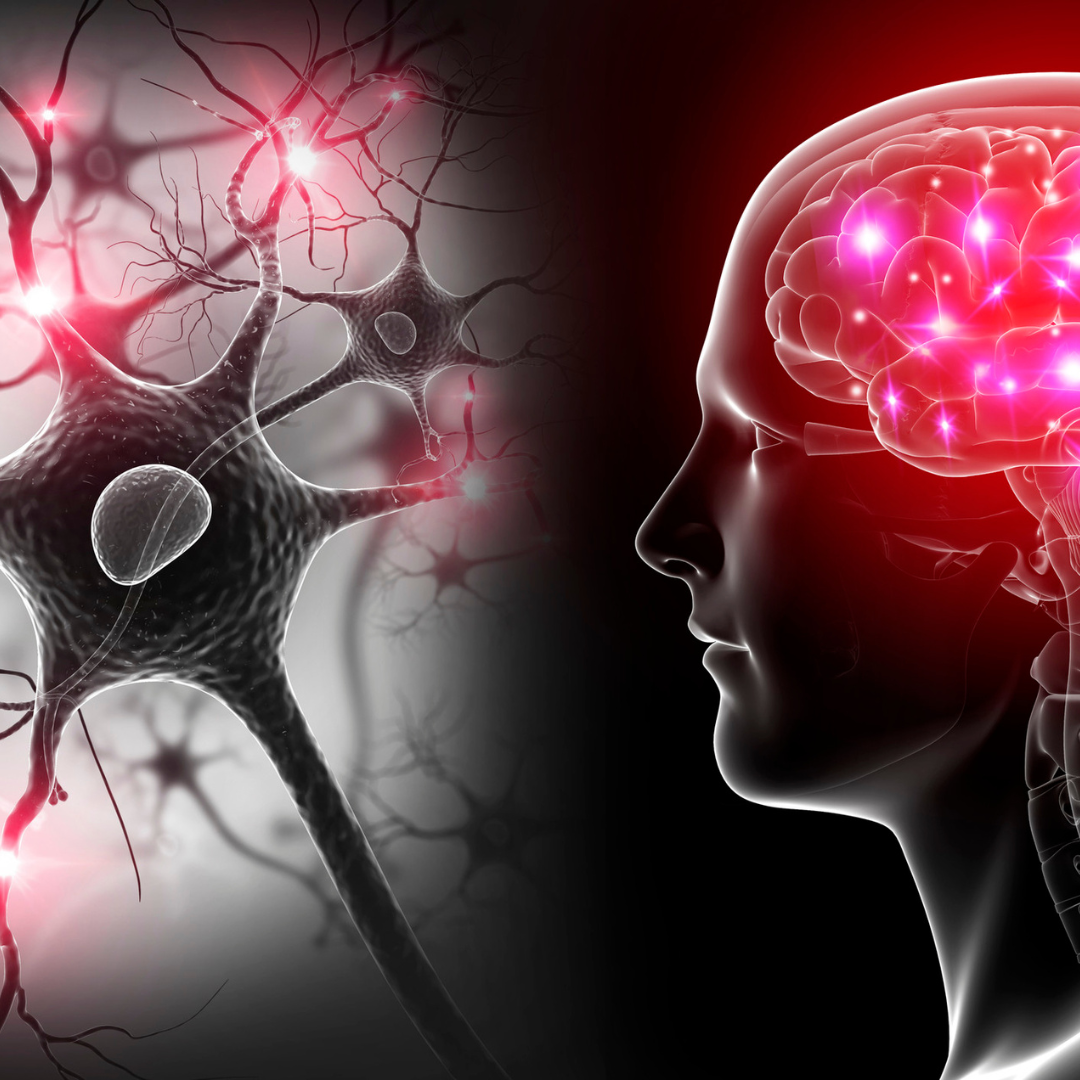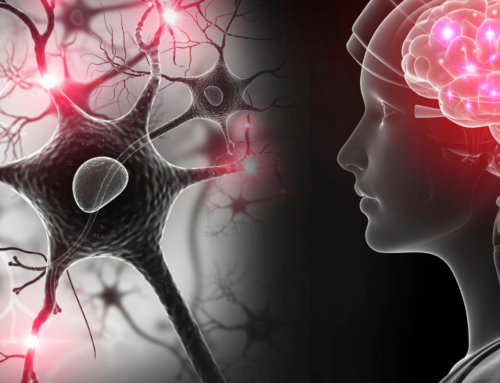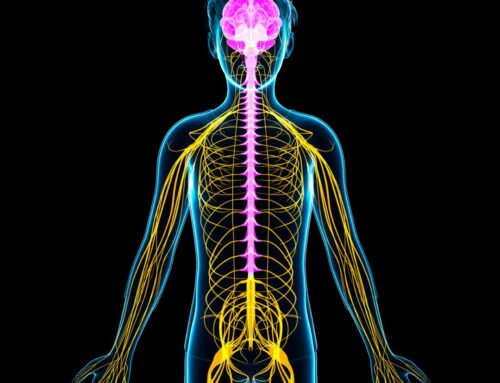In today’s fast-paced, high-stress world, it’s easy to focus on one aspect of our health while neglecting others. We might prioritize our physical fitness while ignoring our mental well-being, or vice versa. However, our physical and mental health are deeply interconnected, and understanding this relationship is crucial for overall well-being. This is the concept of the mind-body connection, a principle that recognizes the physical and psychological factors that contribute to overall health.
The Impact of Physical Health on Mental Well-being
Physical health doesn’t just affect how our bodies feel. It can also have a significant impact on our mental well-being. Chronic physical conditions, such as back pain or vertigo, can lead to stress, anxiety, or even depression. Living with constant discomfort or navigating the challenges of a physical condition can be mentally and emotionally draining, leading to feelings of frustration, hopelessness, or fear.
Research has shown that individuals with chronic physical conditions are at a higher risk of experiencing mental health problems. This highlights the importance of managing physical health to support mental well-being. It’s not just about alleviating physical symptoms, but also about understanding how these symptoms affect our mental and emotional state.
The Influence of Mental Health on Physical Well-being
Conversely, our mental health can also influence our physical well-being. Mental health conditions can manifest physically, causing symptoms like headaches, stomach issues, or general aches and pains. They can also exacerbate the symptoms of existing physical conditions. For example, stress can increase the perception of pain, making physical conditions feel worse.
Moreover, our mental state can influence how we take care of our physical health. When we’re feeling down or anxious, we might neglect exercise, eat poorly, or struggle to sleep, all of which can have negative effects on our physical health. This underscores the importance of taking care of our mental health as part of our overall health strategy.
The Role of Chiropractic Care in the Mind-Body Connection
Chiropractic care can play a key role in managing the mind-body connection. By addressing physical symptoms, chiropractic care can help improve mental health. For instance, spinal adjustments can alleviate back pain, which can reduce stress and improve mood. Similarly, balance exercises can help manage vertigo, reducing anxiety and improving quality of life.
Chiropractic care is not just about treating symptoms, but about improving overall health and well-being. By focusing on the body’s structure and its impact on the nervous system, chiropractic care can help restore balance, improve function, and enhance the body’s natural healing abilities. This holistic approach can have profound effects on both physical and mental health.
Integrating Brain Therapy: Enhancing the Mind-Body Connection in Chiropractic Care
In the realm of chiropractic care, an innovative approach known as Integrated Brain Therapy is making waves. This approach recognizes the intricate interplay between the brain and the body, offering a unique perspective on healthcare. Unlike traditional chiropractic methods, Integrated Brain Therapy focuses on optimizing brain function to improve overall well-being.
The brain therapy clinic stands apart from most chiropractic practices by delving deeper into the neurological aspects of health. By incorporating neurological assessments and specialized techniques, the clinic aims to address not only physical symptoms but also the underlying brain imbalances that may contribute to them. This comprehensive approach allows for a more holistic understanding of the mind-body connection and provides tailored treatments to optimize brain function.
Through a combination of chiropractic adjustments, specific exercises, and brain-stimulating activities, the integrated brain therapy approach aims to promote neuroplasticity and enhance the brain’s ability to adapt and heal. By optimizing brain function, patients may experience improved physical health, reduced pain, enhanced mental well-being, and increased overall vitality.
Mindfulness as a Tool for Enhancing the Mind-Body Connection
Mindfulness is another powerful tool for nurturing the mind-body connection. By bringing our attention to the present moment, mindfulness can help us manage both physical and mental health symptoms. Mindful breathing exercises can help reduce stress and anxiety, while mindful movement practices like yoga can improve physical health and flexibility.
Mindfulness helps us tune into our bodies and notice any physical discomfort or tension. It also allows us to observe our thoughts and emotions without judgment. This increased awareness can help us better understand our health and take steps to improve it. Whether it’s noticing the onset of stress and taking a few deep breaths, or recognizing when we need to rest or move our bodies, mindfulness can be a powerful ally in managing our health.
Taking The Holistic Approach
Understanding and nurturing the mind-body connection is crucial for our overall health and well-being. By taking a holistic approach to our health, we can manage physical symptoms, support mental well-being, and improve our quality of life. Whether it’s through chiropractic care, mindfulness, or other holistic practices, nurturing the mind-body connection can help us live healthier, happier lives.







